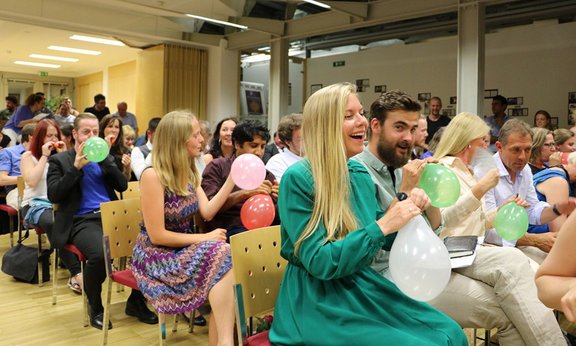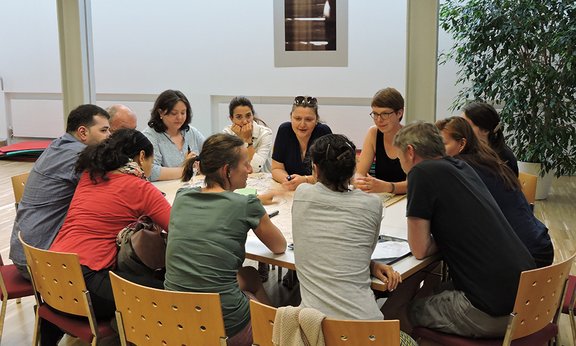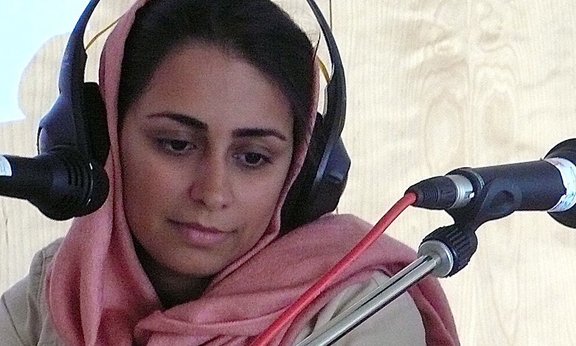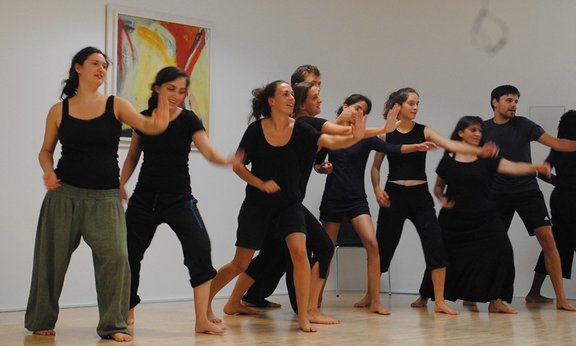Research Portfolio

Innsbruck Peace Lecture Series
The Innsbruck Peace Lecture Series at InnPeace invites distinguished speakers from within the discipline of Peace and Conflict Studies as well as applied conflict transformation work to the University of Innsbruck.

Peace Education in Societies in Transition
This research group responds to the need to contribute to the prevention of (re)eruption of violence through the development of teachers’ conflict transformation competences, qualities, skills and attitudes in educational settings in societies in transition.

Peace Journalism
This research group focuses on questions of peace journalism and its various forms. Starting from what constitutes peace journalism and how it can work, a central concern of this research group is to conceptualize peace journalism from an elicitive approach towards conflict transformation.

Body Oriented Approaches and Arts in Peace and Conflict Transformation
This research group is dedicated to investigating artistic and body-oriented approaches to peace and conflict.
News
Publications

Mission
The Research Center for Peace and Conflict (InnPeace) brings together faculty and doctorate students from the discipline of Peace and Conflict Studies, as well as from a variety of academic backgrounds who utilize their own disciplinary epistemologies and methodologies in the research of a diverse range of peace and conflict-related topics.
As a relatively young academic subject, Peace and Conflict Studies invites and welcomes and encourages a lively, transdisciplinary exchange of scholars from neighboring disciplines.
Through such transdisciplinary encounters and work InnPeace aims at further developing the profile of the Innsbruck School of Peace Studies, which draws on the ontological and epistemological basis of transrational peace philosophy and elictive conflict transformation.
This is done through aiming at academic excellence through relational encounter and a collaborative approach towards academia. The work of InnPeace currently is structured in three research groups:
- Peace Education in Societies in Transition
- Peace Journalism
- Body Oriented Approaches and Arts in Peace and Conflict Transformation
All three research groups organize activities under the joint umbrella of InnPeace. In addition to those three research formats, InnPeace has established the Innsbruck Peace Lecture Series, which brings distinguished scholars and practitioners of Peace and Conflict Studies to Innsbruck, with the aim of opening scholarly debates to a broader public, interested in the diverse field of peace and conflict.
Besides the aims of excellency in research and research communication, InnPeace also develops joint teaching formats through didactically innovative approaches in order to translate the state of the art in transdisciplinary debates on peace and conflict to students at the University of Innsbruck.
Ultimately, this shall serve the challenge of addressing a wide range of conflict dynamics and peacebuilding questions, which call on researchers’ innovative, collaborative and pioneer spirit in the formulation of relevant and contemporary research questions and insights.
Contact
InnPeace – Research Center for Peace and Conflict
Grillhofweg 100
6080 Innsbruck
Austria
